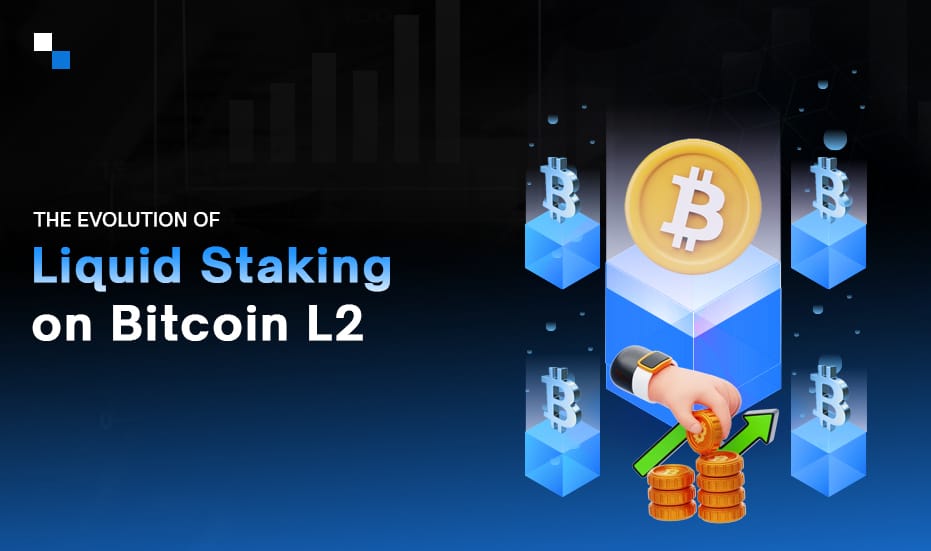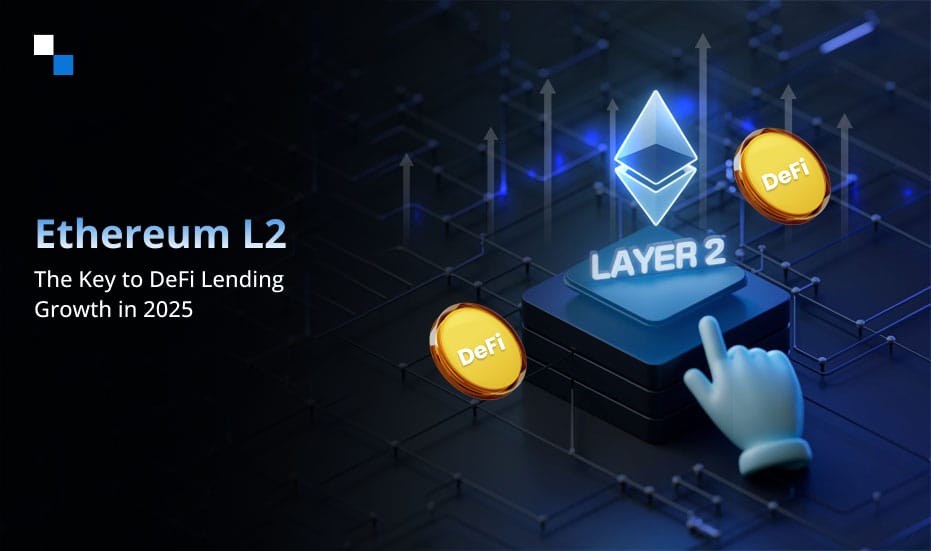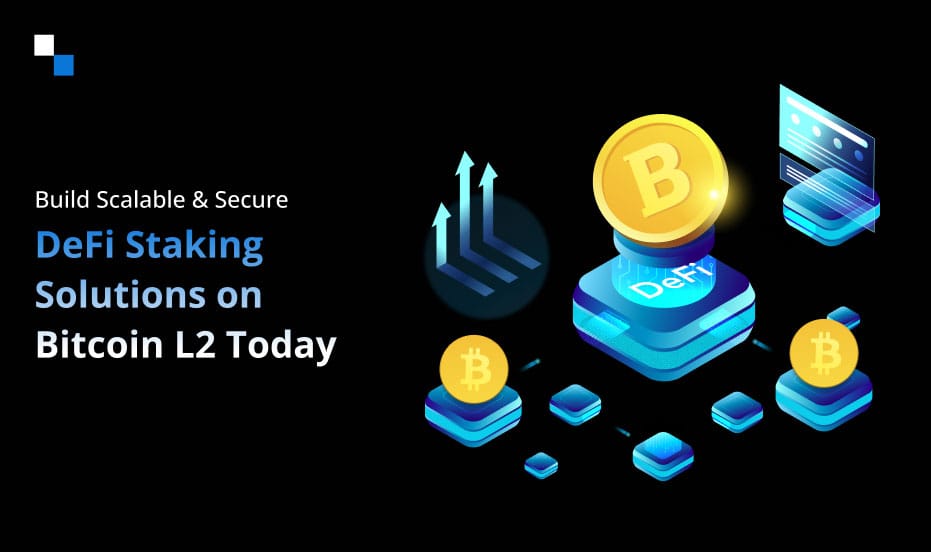
Reasons to launch Coinbase-like Crypto Exchange Software
November 9, 2021
Cryptocurrency Payment Gateway Development Explained
November 10, 2021Decentralized finance, or DeFi, utilizes cryptocurrencies & blockchain technologies for managing financial transactions. DeFi focuses on democratizing finance by replacing old, centralized institutions with peer-to-peer connections capable of providing a wide range of financial services. DeFi software development ranges from ordinary banking, loans, and mortgages to complex contractual interactions and asset trading.
Decentralized Finance is the New Way
By disempowering intermediaries and gatekeepers and empowering ordinary people via peer-to-peer trades, DeFi threatens the centralized financial system.
Let’s understand through an illustration how it might go down. You can earn 0.50 percent interest on your funds by putting them in an online savings account; the bank then lends the same money to another customer at a rate of 4% interest, pocketing the 3.5 percent profit.
DeFi allows people to lend their funds directly to others, eliminating the 3.5 percent profit loss and allowing them to get the total 4 percent return on their investment.
DeFi is based on the blockchain.
The leading technology that enables decentralized finance is blockchain.
When you make a transaction in a traditional checking account, the transaction is recorded in a secret ledger—your banking transaction history—owned and controlled by a huge financial organization. Blockchain is a distributed, decentralized public ledger that records financial transactions in computer code.
When we say blockchain is distributed, we mean that everyone who uses a DeFi app has a replica of the public ledger, which records every transaction in encrypted code.
This protects the system by ensuring users’ anonymity, payment verification, and a record of asset ownership that is (almost) impossible to change through fraudulent behavior.
When we say blockchain is decentralized, the system is managed without a mediator or gatekeeper. By solving complicated math problems and adding new blocks of transactions to the chain, transactions are validated and recorded by parties who use the identical blockchain.
DeFi proponents argue that the decentralized blockchain makes financial transactions safer and more transparent than centralized finance’s private, opaque systems.
The following are common characteristics of a DeFi platform:
• Decentralization: The central aspect of all DeFi initiatives, implying that the project will be managed by users or a group of managers nominated by a vote of network members. Aside from that, smart contracts may be used to decentralize specific functions, such as coin emission or destruction in Sögur.
• Open-source: Open-source software products are transparent, making them more reputable because you can see exactly how they work. Furthermore, if you disagree with the majority’s development plan for an open-source project, you can edit the code and establish your own “legitimate” project (to your liking).
• Automation of processes: In Bitcoin, elements such as currency issuance, transaction validation, a blockchain record of transaction history, and many other functions are allocated to the system itself, making it automated. Smart contracts, which can automate all generic procedures such as loan giving, interest payments, invoice filling, customs clearance, and so on, have taken Ethereum to a new level.
• Highly Inclusive: Most DeFi services are cross-border, and there are no entry (use) obstacles — anyone can use bitcoin. For example, the Compound platform lends to everyone, from a Congolese farmer to a venture capitalist in the United Arab Emirates.
Launch your own DeFi project
Schedule Free DemoHere are some instances of how DApps and protocols are being used nowadays:
DeFi is being used for most things, from payments to trading equities and insurance to lending and borrowing, in the traditional way.
The majority of bitcoin investors currently use centralized exchanges like Coinbase or Gemini. DEXs (decentralized exchanges) let users make peer-to-peer financial transactions while maintaining complete control over their cash.
E-wallets: DeFi programmers are working on digital wallets that will allow investors to access various assets, including bitcoin and blockchain-based games, without having to use one of the major cryptocurrency exchanges.
The Stable coins: Stable coins, unlike cryptocurrencies, try to maintain their prices by connecting them to non-crypto currencies, such as the US dollar.
DeFi allows speculative investors to lend crypto for a profit when the proprietary currencies that DeFi borrowing platforms give them for agreeing to the loan grow significantly.
Non Fungible Tokens: NFTs turn non-tradable items like slam dunk videos and the first tweet on Twitter into digital assets. NFTs make the hitherto uncommodifiable commodifiable.
Flash Loans: These are cryptocurrency loans where money is borrowed and repaid in one transaction. Does this seem counterintuitive? The following is how it works: Borrowers can earn by entering into an Ethereum blockchain-based contract that borrows funds, executes a transaction, and immediately repays the loan—no lawyers required.
If the transaction cannot be completed or would result in a loss, the funds are automatically returned to the loaner. After deducting any interest or fees, you can retain any profit you make. Flash loans can be thought of as a sort of decentralized arbitrage.
When it comes to DeFi development, businesses venture into different things – such as DeFi token development, DeFi exchange and wallet development, DeFi lending platform development, DeFi yield farming platform development, and more. Regardless of the platform that businesses or start-ups launch, they are more likely to make a profit, given the potential of DeFi.
Conclusion
Due to the cryptocurrency surge, DeFi development is in high demand right now. This is an excellent time to start a DeFi project because it offers higher returns than standard financial instruments.
If you are planning to launch a DeFi project, Antier Solutions can help. We offer a range of development services – from DeFi coin development, exchange development and wallet development to DeFi yield farming platform development, borrowing and lending platform development, and insurance platform development.
Connect with our subject matter experts to share your business needs.



